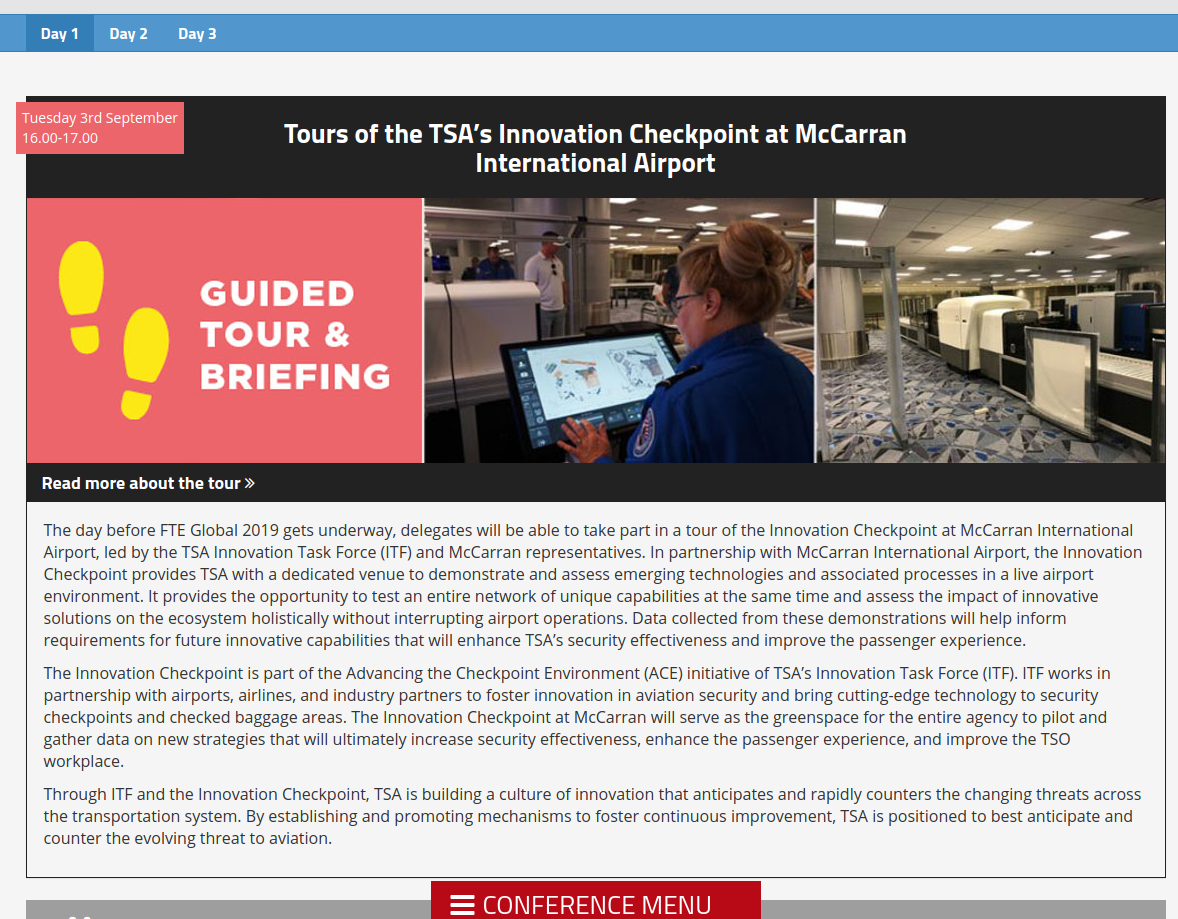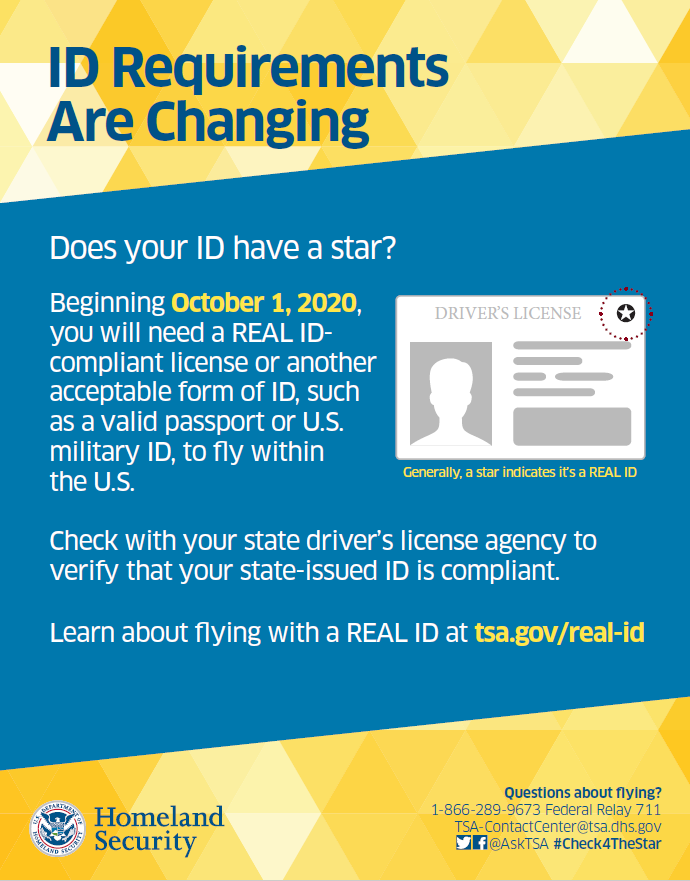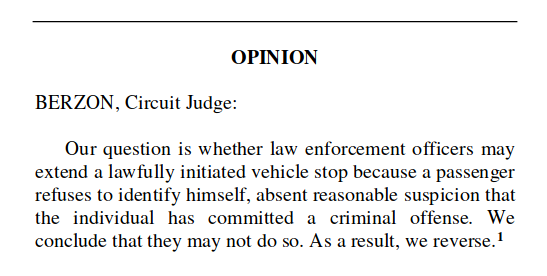Do I need ID to ride a train?
We’ve been trying for years to find out what the real story is with respect to ID requirements for travel by train, especially on Amtrak.
Amtrak and Greyhound ID policies and practices are of paramount importance to the mobility of undocumented people and people who, whether or not they are eligible for or have chosen to obtain government-issued ID credentials, don’t want to show their papers to government agents as a condition of exercising their right to freedom of movement.
Amtrak and Greyhound policies and practices will become even more important if the government and/or airlines further restrict air travel by people who don’t have, or don’t show, ID credentials that comply with the REAL-ID Act.
The latest responses to our requests for Federal and state public records reveal more about passenger railroad policies and practices, but still don’t give a clear answer.
What we can say at this point, based on the records disclosed to us to date, is that:
- There are substantial discrepancies and contradictions between what the TSA has told Amtrak to do, what Amtrak tells its own staff about what is required, what Amtrak tells travelers about what is required and the basis for those requirements, and what Amtrak staff actually do. Those variations make it impossible to determine unambiguously what “the rules” are for Amtrak travel, or what is “required”.
- Some of Amtrak’s claims, including its claim that passengers are required by the TSA to have and to show ID to travel by Amtrak, are blatant lies.
- TSA Security Directive RAILPAX-04-02, cited by Amtrak in its employee manual as the basis for demanding that passengers show ID, requires Amtrak to “request” (not demand) that passengers show ID, but does not purport to require passengers to respond to such requests and does not prescribe any sanctions on passengers for failure, refusal, or inabiity to show ID.
- Amtrak has instructed its staff that “If the customer responds they are 18 or older and do not have valid identification, … the Amtrak police must be notified by the quickest available means away from the customer,” but also that, “Failure to possess the proper photo identification is not, by itself, sufficient reason to have the customer removed from the train.” Amtrak has not yet responded to our FOIA request for Amtrak Police policies and staff directives for what to do in such cases.
- Although Amtrak is unquestionably an instrumentality of the Federal government, and transportation by Amtrak is unquestionably a Federal government activity, the list of ID credentials deemed acceptable by Amtrak does not correspond to the list of forms of ID deemed by the DHS to be acceptable for “Federal purposes” pursuant to the REAL-ID Act of 2005. Amtrak says it accepts several forms of ID that do not comply with the REAL-ID Act. None of Amtrak’s ID policies, procedures, or staff directives disclosed to date mention the REAL-ID Act or when or how it might be implemented by Amtrak, although records of such policies or of discussions related to them would be responsive to some of our pending FOIA requests.
Where does this leave undocumented long-distance travelers, including those who turn to Amtrak as a government-operated common carrier of last resort?





